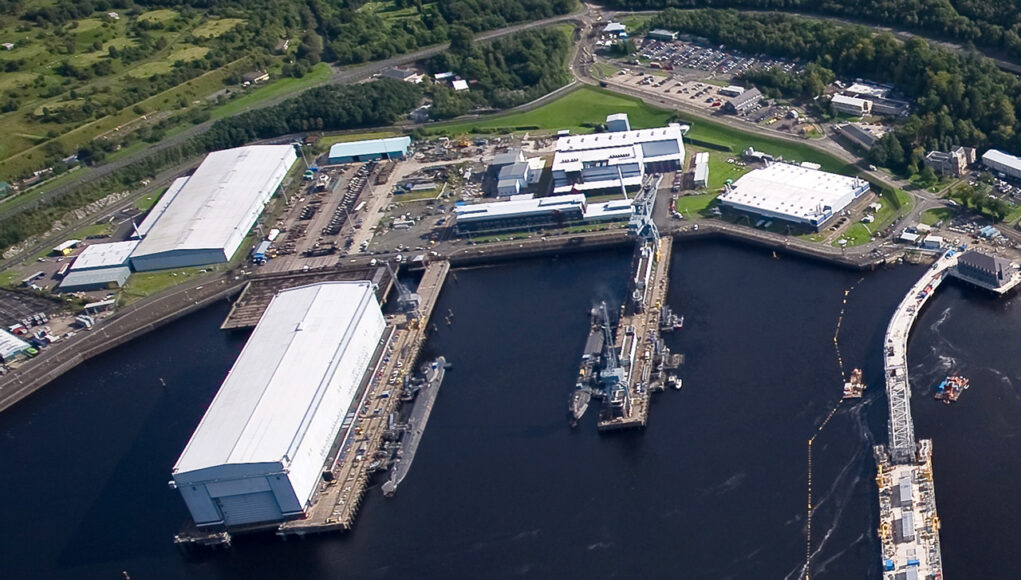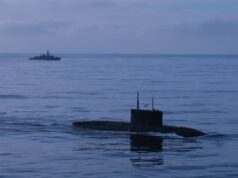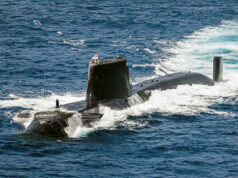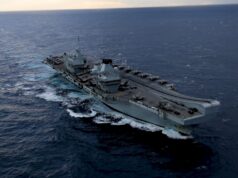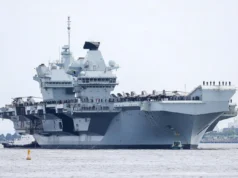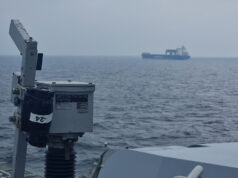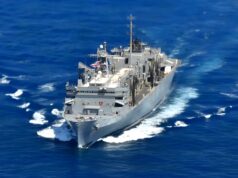The Ministry of Defence has pledged to enhance transparency around nuclear safety incidents at HM Naval Base Clyde, following direct concerns raised by SNP defence spokesperson Dave Doogan MP.
The commitment, made in a formal letter from Defence Secretary John Healey dated 21 May 2025, responds to questions put to him during Defence Orals on 19 May regarding the safety and oversight of the Royal Navy’s nuclear sites at Faslane and Coulport.
In his letter, Healey assured Parliament that nuclear safety is “of paramount importance” and reaffirmed the Government’s “triple lock” commitment to the UK’s nuclear deterrent. This triple lock guarantees: the construction of four new Dreadnought-class submarines in Barrow, the maintenance of the UK’s Continuous At-Sea Deterrent (CASD), and the implementation of all necessary future upgrades to ensure the deterrent’s safety and effectiveness.
“HMNB Clyde complies with international best practice as recommended by the International Atomic Energy Agency (IAEA),” Healey wrote. “Nuclear safety at these sites is independently overseen by the Defence Nuclear Safety Regulator (DNSR) and the Office for Nuclear Regulation (ONR), who have robust powers to address concerns and recommend changes where necessary.”
In response to long-standing concerns about the lack of routine public information, Healey announced a new policy of proactive reporting. “I have authorised the annual release of the statistics on Nuclear Site Event Reports (NSERs) for HMNB Clyde,” he said. “These will be laid as a Written Ministerial Statement at the end of each financial year.”
NSERs classify the significance of safety incidents at nuclear sites. While such data was previously only made available upon request, Healey said the new approach was designed to “enhance parliamentary oversight” and “recognise the importance of the subject.” The first of these new proactive disclosures will come in April 2026.
Healey also addressed the number and severity of recent incidents, revealing that “all reported events [in the last financial year] were categorised as of low safety significance.” He explained that in accordance with the International Nuclear and Radiological Event Scale (INES), such events are ranked at level one—the lowest level on a seven-point scale.
He added that incidents classed at this level may include “equipment failures, human error, procedural failings or near-misses where no harm [was] caused to the health of any member of Naval Base staff, any member of the public, or any resultant radiological impact to the environment.”
Addressing a second issue raised by Doogan, Healey refuted suggestions that the MOD’s major nuclear infrastructure projects were being excluded from oversight by the government’s infrastructure watchdog. “You also raised a concern that information on major projects within the Defence Nuclear Enterprise were not being reported to the Infrastructure and Projects Authority (IPA) – now succeeded by the National Infrastructure and Service Transformation Authority (NISTA). I can confirm that this is not the case.”
He noted that the IPA data published on 16 January 2025 includes information on all major MOD nuclear programmes and is publicly accessible via the government’s Major Projects data portal.
Healey also sought to underscore a broader cultural shift within the MOD: “Since assuming office, I have instituted a reset of the Ministry of Defence’s relationship with Parliament. You will of course understand that in the interests of national security the Department is constrained in the specifics that can be provided about its operations, however I have instructed the Department to be as transparent as it can be, wherever possible.”
The Defence Secretary closed the letter by reiterating his confidence in current safety oversight mechanisms and restating the Government’s intention to be accountable to Parliament. “I trust that this response provides assurance of this Government’s commitment both to nuclear safety as a critical aspect of nuclear deterrence and to improved transparency to Parliament about Defence business.”
A copy of the letter has been formally deposited in the House of Commons Library for the public record.


